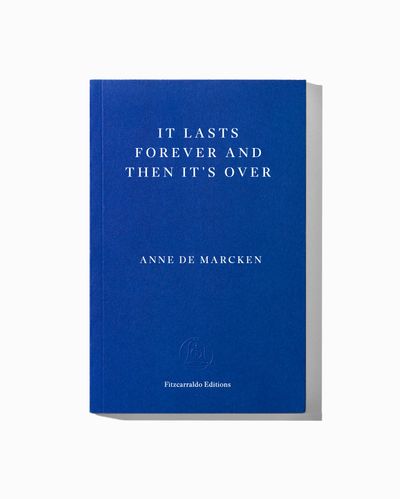Please note: orders for this title will be despatched after new stock arrives on 11 December, but UK orders will be despatched in time to arrive for Christmas.
The heroine of the spare and haunting It Lasts Forever and Then It’s Over is voraciously alive in the afterlife. Adrift yet keenly aware, she notes every bizarre detail of her new reality. And even if she has forgotten her name and much of what connects her to her humanity, she remembers with an implacable and nearly unbearable longing the place where she knew herself and was known—where she loved and was loved. Traveling across the landscapes of time and of space, heading always west, and carrying a dead but laconically opinionated crow in her chest, our undead narrator encounters and loses parts of her body and her self in one terrifying, hilarious, and heartbreaking situation after another. A tale for our dispossessed times, and one of the sharpest and funniest novels of recent years, It Lasts Forever and Then It’s Over plumbs mortality and how it changes everything, except possibly love.





